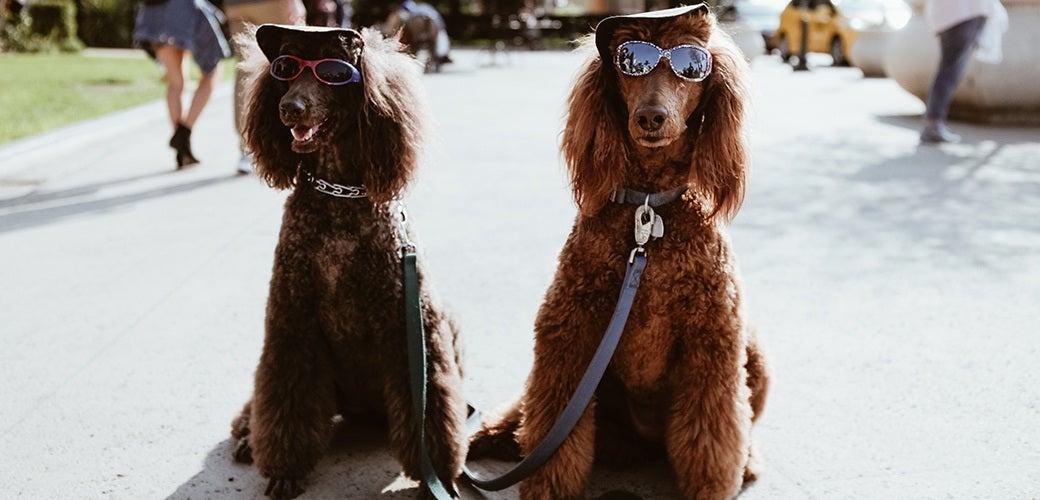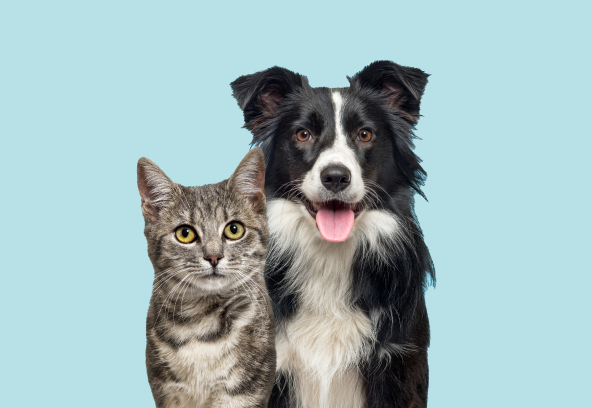
The Importance of Socialising Your Dog

Socialising is key to the overall wellness, health and happiness of your dog. Here’s some reasons why it’s so important...
What is important for a healthy dog? Nutrition, vaccinations, parasite control and regular veterinary exams of course, but socialisation is also a key component to the overall wellness of dogs.
Here are four reasons why socialisation is so important -
Fear
Poorly socialised dogs are often fearful of new or unusual situations. Adrenalin hormones increase heart, respiration rates and blood pressure. Corticosteroid hormones contribute to heart rate and blood pressure; but decrease blood flow to kidneys, intestines, promote muscle breakdown and suppress the immune system.
These changes can lead to stress related conditions in poorly socialised dogs. Children, pets, grooming, daycare and boarding can all cause chronic stress conditions in poorly socialised dogs and affect their health.
Veterinary Exams
Veterinarians rely on a thorough physical examination to evaluate a dog’s health. Inadequately socialised dogs that respond with aggression can make this difficult.
Struggling makes it difficult to evaluate heart and lungs. Palpation of joints, muscles and abdominal organs is very difficult. Fear can also sensitise the heart to potential life threatening heart arrhythmias if sedation is needed for a more complete physical examination. This risk cannot be determined in these animals prior to drug administration – with sometimes fatal outcomes.
It is virtually impossible to provide these animals with proper medical care. Many owners of poorly socialised dogs forgo veterinary care for their dogs due to embarrassment of their dog’s behaviour and/or fear of injury to others.
Limited Exercise
Owners of non-socialised dogs are often averse to exercising their dogs. This is particularly true for large dogs that are strong and could get away from their owners. By limiting walks and runs, poorly socialised dogs are more susceptible to health conditions associated with being overweight or obese.
Grooming
Many dogs require frequent grooming to maintain skin and coat health. This requires the dog to maintain an even composure during the groom so the groomer can provide the proper cut. Poorly socialised dogs make this very difficult. Either drastic restraint that may injure the dog is necessary, or the groomer is faced with performing an inadequate job and worry about the threat of their own bodily harm.
Good health includes early socialisation. The window for socialisation is 3-12 weeks of age. Puppies need to be exposed to people, pets, social situations and car rides early and often. Proper socialisation is a key element to your dog’s health, so talk to your veterinarian or behaviourist for suggestions on helping your puppy or dog live their best, and healthiest, life!
If you have any great socialising tips, share them with us on our Facebook page!

